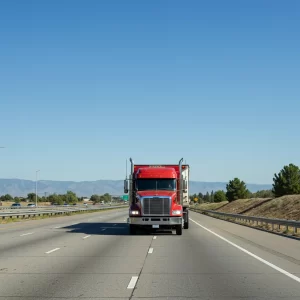
How Do Emission Control Systems Work on Trucks?
Understanding Truck Emission Control Systems | A Driver’s Guide
In The California Clean Truck Check is part of the CARB Clean Truck Check Program. It applies to many heavy trucks, like diesel trucks, alternative fuel trucks, hybrid trucks, and trucks over 14,000 pounds (GVWR). Trucks like box trucks and 2500 series pickups must follow the rules if they drive in California. Even trucks from other states, motorhomes, historical vehicles, military trucks, and zero-emissions vehicles must follow the program if they operate in California. To comply, vehicles must be registered with CARB, pay an annual Clean Truck Check fee, and send emissions data to CARB. Vehicles may need semi-annual or quarterly emissions testing. Fleets must make sure all emissions systems work properly and keep certificates of compliance in the vehicles.
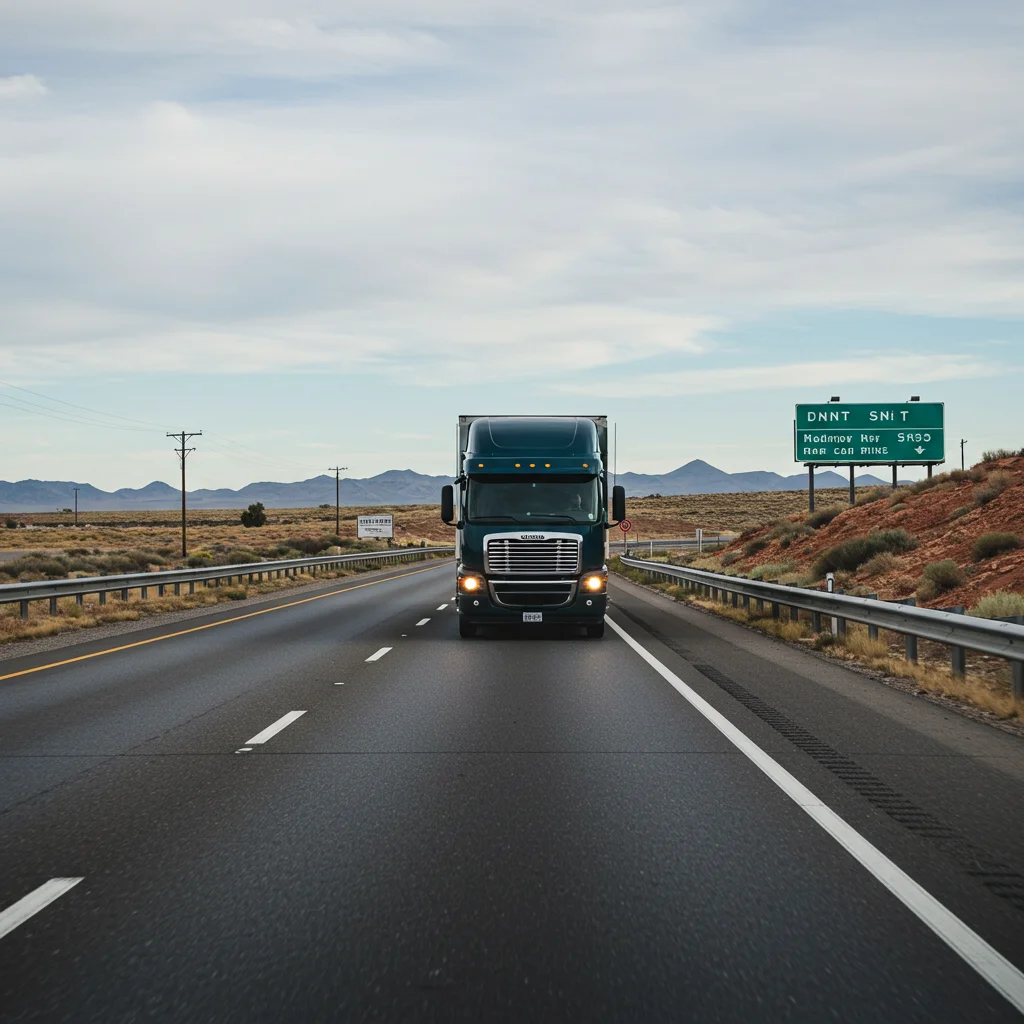
The Clean Truck Check is a program from CARB to reduce pollution from heavy trucks. Vehicles that need to follow it include diesel trucks, gasoline trucks, hybrid trucks, alternative fuel trucks, and zero-emissions trucks over 14,000 pounds. Testing uses Onboard Diagnostics (OBD), Portable Emission Acquisition System (PEAQS) devices, smoke checks, and automated roadside monitoring. Both California trucks and out-of-state trucks must follow the rules. Some vehicles, like emergency vehicles, military trucks, and experimental vehicles, may be exempt but still need proper paperwork. Fleets must keep certificates, ensure emissions systems work, and send accurate emissions data to CARB. Learn more about Clean Truck Check In Los Angeles, CA.
CaliforniaClean Truck Check deadlines depend on the type of truck and registration. Heavy trucks need an initial emissions test in the first year and then semi-annual tests. OBD-equipped trucks may need quarterly tests starting in 2027. Box trucks, 2500 series pickups, and other medium-heavy trucks must follow these deadlines if they drive in California. Fleets get a Notice to Submit to Testing (NST) for flagged vehicles. Missing deadlines can cause DMV registration blocks, fines up to $10,000 per vehicle per day, or limits on driving. Following deadlines helps fleets reduce pollution and keep operations running smoothly. Learn more about Clean Truck Check In Huntington Park, CA.
Some trucks are exempt from Clean Truck Check. These include zero-emissions trucks, emergency vehicles, military trucks, historical vehicles, and motorhomes registered outside California. Experimental trucks or new engines with the most strict NOx emissions may also be exempt. Trucks from other states are not automatically exempt they must follow the rules if driving in California. Fleet managers should know which vehicles are exempt to avoid paying fees or doing tests they don’t need. They also must report accurately in the CTC-VIS database. Learn more about Clean Truck Check In Industry, CA.
Fleet managers check which trucks need Clean Truck Check by looking at registration, VIN, engine type, and weight. Trucks over 14,000 pounds, including diesel, gasoline, hybrid, and alternative fuel trucks, must follow the program. Fleet owners should report new vehicles to CARB within 30 days and make sure trucks have no outstanding emissions or OBD recalls. Tools like CARB-certified testers, telematics devices, and the CTC-VIS portal help find high-emitting trucks. Testing schedules, either semi-annual or quarterly, help fleets plan maintenance, keep records updated, and avoid DMV problems. Learn more about Clean Truck Check In Irwindale, CA.
To register for Clean Truck Check, fleets make an entity account in the CTC-VIS system and list all trucks by location. Fleet representatives enter VINs, license plate numbers, engine types, and weight. Registration includes paying the annual compliance fee, submitting emissions tests, and getting a certificate of compliance for each truck. Vehicles moving to PNO status are removed from the system, and new trucks must be reported in 30 days. Fleets must keep certificates in vehicles, do emissions testing at certified facilities, and train drivers on compliance. This prevents fines, DMV blocks, or restricted driving. Learn more about Clean Truck Check In La Cañada Flintridge, CA.
Trucks must pass emissions tests using PEAQS, OBD systems, smoke checks, visual inspections, and automated roadside monitoring. Most trucks need semi-annual testing, while OBD-equipped trucks may need quarterly tests starting in 2027. Certified testing facilities and CARB-certified devices ensure correct results. Credentialed testers and protocols like SAE J1667 and J1939/J1979 help detect high-emitting trucks. Telematics devices can collect emissions data continuously. Fleets can track vehicle health, fix problems early, and make sure trucks stay compliant. Learn more about Clean Truck Check In La Habra Heights, CA.
If a truck does not follow Clean Truck Check, it can face fines up to $10,000 per vehicle per day. DMV registration can be blocked, out-of-state trucks may have driving restrictions, and notices of violation can be issued. Trucks with outstanding emissions or OBD recalls cannot reregister until they fix issues. Citations can happen for missing certificates or late test results. Penalties push fleets to test trucks regularly, fix emissions systems, and train drivers on compliance. Following the rules protects health and reduces pollution in California. Learn more about Clean Truck Check In La Puente, CA.
Fleets can use CARB-certified telematics devices, OBD scan tools, and automated reporting software to make Clean Truck Check easier. These tools collect emissions data, run Road Worthiness scans, and make Emissions Diagnostics Reports. T-harnesses and device connections help measure both OBD and non-OBD trucks. Credentialed testers and online training videos support fleets. These tools help keep certificates, check emissions systems, and submit digital reports to CARB. Using them improves fleet efficiency, reduces idling, and finds high-emitting trucks before DMV problems or fines. Learn more about Clean Truck Check In La Verne, CA.

Understanding Truck Emission Control Systems | A Driver’s Guide
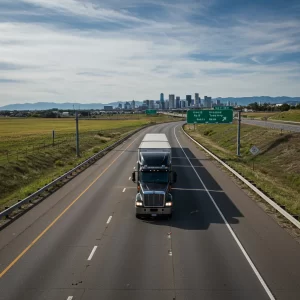
What is the Lifespan of Truck Emissions Components | Guide to Durability and Replacement
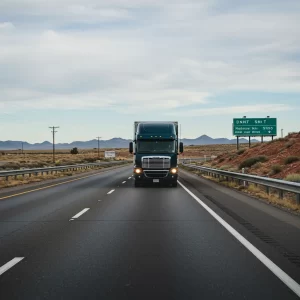
Are New Diesel Trucks Reliable with Emissions Systems | What You Need to Know
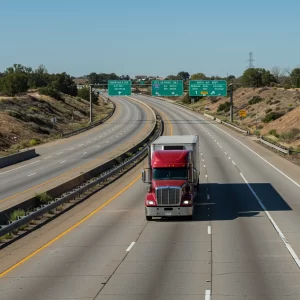
Truck Emissions Maintenance | How to Reduce Pollution and Boost Efficiency
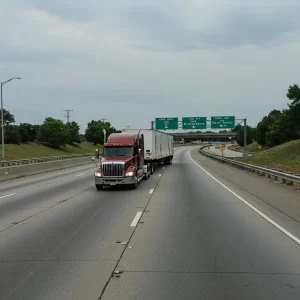
Reduce Truck Emissions | Practical Ways to Lower Your Carbon Footprint
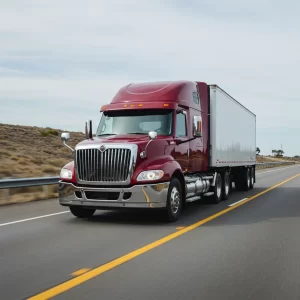
What Causes High Diesel Emissions | Key Factors You Need to Know